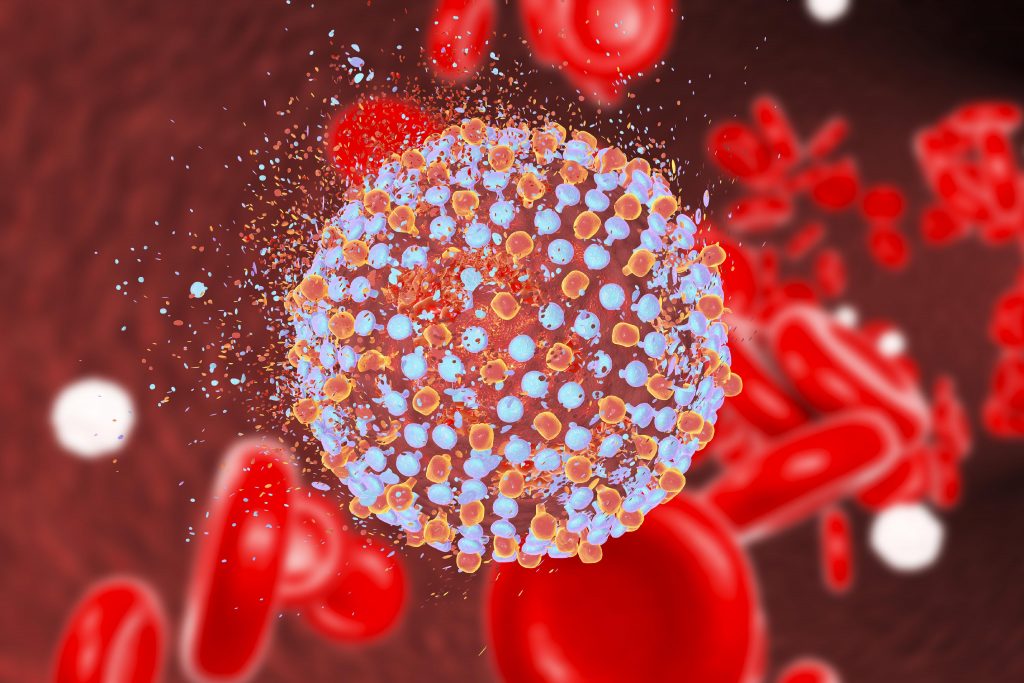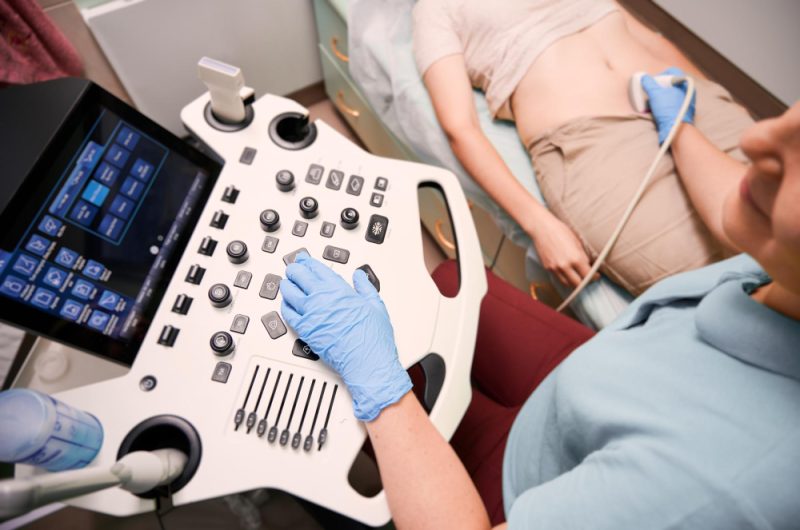Hepatitis C is a liver disease caused by the hepatitis C virus (HCV). It spreads through contaminated blood, commonly among individuals who share needles or have been exposed to unsterilized equipment. Hepatitis C often leads to mild or chronic hepatitis, which may lead to complications such as liver damage, cirrhosis, liver cancer, and even death.
However, the good news is that there is a treatment for hepatitis C!
Understanding Hepatitis C
Hepatitis C is a viral infection that attacks the liver. The infection begins with an acute phase, which is usually asymptomatic and can last for several weeks. In most patients, the acute infection progresses to a chronic phase that can last a lifetime.

RDNE / Pexels / Be it chronic or mild, hepatitis C can lead to liver cancer and liver damage.
This may lead to serious liver problems such as cirrhosis and liver cancer. In such cases, a liver transplant may be needed.
Treatment for Hepatitis C
The main objective in treating hepatitis C is to cure the infection and prevent liver damage caused by the infection, preventing potential complications. Medications used to treat hepatitis C (antiviral drugs) are designed to stop the virus from multiplying, aid in preventing liver damage, and reduce the amount of virus in the body.
The choice of medication and the duration of treatment depend on several factors, such as the genotype of the virus, the stage of the disease, and other medical conditions that a patient may have. However, it is worth noting that newer antiviral medications have a higher cure rate (over 95%) and fewer side effects.

BBC / Antiviral drugs are commonly used to treat hepatitis C.
Common Types of Antiviral Drugs for Hepatitis C
Here are some of the most common types of antiviral drugs for hepatitis C:
Injection Drugs
Interferons are injectable drugs that stimulate the immune system to fight the virus. They can be used alone or in combination with other antiviral drugs.
However, they may trigger some unfavorable side effects, such as flu-like symptoms, as well as mood and behavioral changes.
Oral Drugs
Direct-acting antivirals (DAAs) are a new generation of antiviral medications that interfere directly with the working of viral enzymes, thus resulting in a more predictable outcome.
They suppress the virus's replication. And newer ones have a cure rate of over 95%. Likewise, they are also associated with fewer side effects than injections.

Bird / Pexels / Oral drugs - AKA DAAs) are the latest antiviral drugs that are more effective in treating hepatitis C.
Treatment and Recovery
Once treated and recuperated, your doctor may recommend retesting (usually six months or a year) to ensure that the virus has been eradicated. It is also important to receive regular liver tests to ensure the virus has not caused any liver damage.
Additionally, It is important to protect yourself to prevent possible reinfection. Such precautions include avoiding sharing needles (if you use them), being mindful about getting tattoos or body piercings, and avoiding contact with infected blood or body fluids.
So, it is possible to treat hepatitis C. With the appropriate antiviral medication, most individuals can see a significant improvement in their conditions. However, it is essential to consult with a healthcare provider if you think you may have been exposed to hepatitis C. Early detection means early intervention and a greater possibility of successful treatment.















